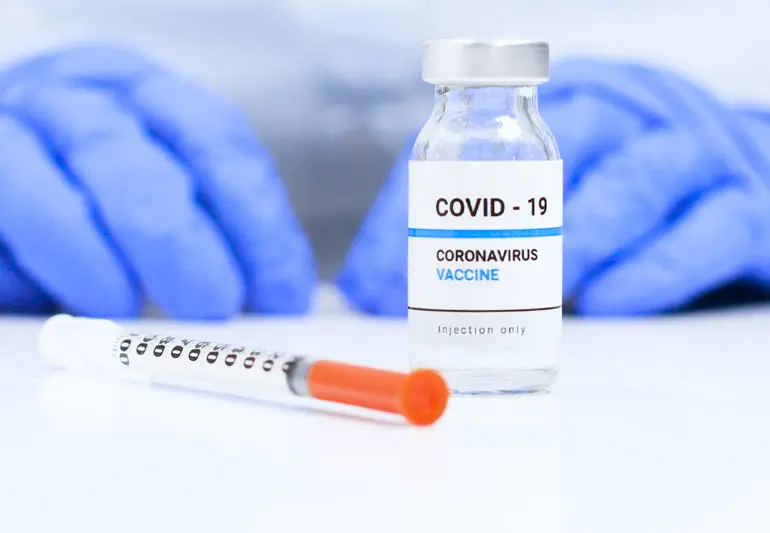- Home
- Medical news & Guidelines
- Anesthesiology
- Cardiology and CTVS
- Critical Care
- Dentistry
- Dermatology
- Diabetes and Endocrinology
- ENT
- Gastroenterology
- Medicine
- Nephrology
- Neurology
- Obstretics-Gynaecology
- Oncology
- Ophthalmology
- Orthopaedics
- Pediatrics-Neonatology
- Psychiatry
- Pulmonology
- Radiology
- Surgery
- Urology
- Laboratory Medicine
- Diet
- Nursing
- Paramedical
- Physiotherapy
- Health news
- Fact Check
- Bone Health Fact Check
- Brain Health Fact Check
- Cancer Related Fact Check
- Child Care Fact Check
- Dental and oral health fact check
- Diabetes and metabolic health fact check
- Diet and Nutrition Fact Check
- Eye and ENT Care Fact Check
- Fitness fact check
- Gut health fact check
- Heart health fact check
- Kidney health fact check
- Medical education fact check
- Men's health fact check
- Respiratory fact check
- Skin and hair care fact check
- Vaccine and Immunization fact check
- Women's health fact check
- AYUSH
- State News
- Andaman and Nicobar Islands
- Andhra Pradesh
- Arunachal Pradesh
- Assam
- Bihar
- Chandigarh
- Chattisgarh
- Dadra and Nagar Haveli
- Daman and Diu
- Delhi
- Goa
- Gujarat
- Haryana
- Himachal Pradesh
- Jammu & Kashmir
- Jharkhand
- Karnataka
- Kerala
- Ladakh
- Lakshadweep
- Madhya Pradesh
- Maharashtra
- Manipur
- Meghalaya
- Mizoram
- Nagaland
- Odisha
- Puducherry
- Punjab
- Rajasthan
- Sikkim
- Tamil Nadu
- Telangana
- Tripura
- Uttar Pradesh
- Uttrakhand
- West Bengal
- Medical Education
- Industry
No increase in cases of MI, stroke, and pulmonary embolism after mRNA vaccine in elderly: JAMA

France: Researchers in a recent study observed no increase in the incidence of stroke, myocardial infarction, and pulmonary embolism at 14 days following each BNT162b2 mRNA vaccine (Pfizer-BioNTech) dose. The nationwide study, published in the Journal of the American Medical Association (JAMA), involved people aged 75 years or older in France.
The Pfizer-BioNTech vaccine was the first authorized SARS-CoV-2 vaccine. In the phase 3 trials, no increase in cardiovascular events were reported. However, once the vaccine was used on large scale, questions on its safety emerged because older people were underrepresented in the trials. Marie Joelle Jabagi, French National Health Insurance, Saint-Denis, France, and colleagues aimed to evaluate the short-term risk of severe cardiovascular events among French people aged 75 years or older after the administration of the BNT162b2 mRNA vaccine in a population-based study.
The study used the French National Health Data System linked to the national COVID-19 vaccination database. It included participants with unvaccinated or vaccinated with the BNT162b2 vaccine, aged 75 years or older, admitted to the hospital between December 15, 2020, and April 30, 2021, admitted to the hospital between December 15, 2020, and April 30, 2021 for hemorrhagic stroke, acute myocardial infarction, schemic stroke, or pulmonary embolism.
As of April 30, 2021, nearly 3.9 million persons 75 years or older had received at least 1 dose of the BNT162b2 vaccine and 3.2 million had received 2 doses.
The study revealed the following findings:
- Over the observation period, 11 113 persons 75 years or older were hospitalized for an acute myocardial infarction, 17 014 for an ischemic stroke, 4804 for a hemorrhagic stroke, and 7221 for pulmonary embolism, of whom 58.6%, 54.0%, 42.7%, and 55.3%, respectively, received at least 1 dose of the vaccine.
- In the 14 days following either dose, no significant increased risk was found for any outcome: the RI for myocardial infarction for the first dose was 0.97 and for the second dose, 1.04; for ischemic stroke for the first dose, 0.90 and for the second dose, 0.92; for hemorrhagic stroke for the first dose, 0.90 and for the second dose, 0.97; or for pulmonary embolism for the first dose, 0.85 and the second dose, 1.10.
- No significant increase for any of the cardiovascular events was observed in the 2 subdivided exposure intervals (1-7 days and 8-14 days).
"Further investigations are needed to measure these risks in younger populations and for other types of vaccines against SARS-CoV-2," wrote the authors.
Reference:
Jabagi MJ, Botton J, Bertrand M, et al. Myocardial Infarction, Stroke, and Pulmonary Embolism After BNT162b2 mRNA COVID-19 Vaccine in People Aged 75 Years or Older. JAMA. Published online November 22, 2021. doi:10.1001/jama.2021.21699
Dr Kamal Kant Kohli-MBBS, DTCD- a chest specialist with more than 30 years of practice and a flair for writing clinical articles, Dr Kamal Kant Kohli joined Medical Dialogues as a Chief Editor of Medical News. Besides writing articles, as an editor, he proofreads and verifies all the medical content published on Medical Dialogues including those coming from journals, studies,medical conferences,guidelines etc. Email: drkohli@medicaldialogues.in. Contact no. 011-43720751


